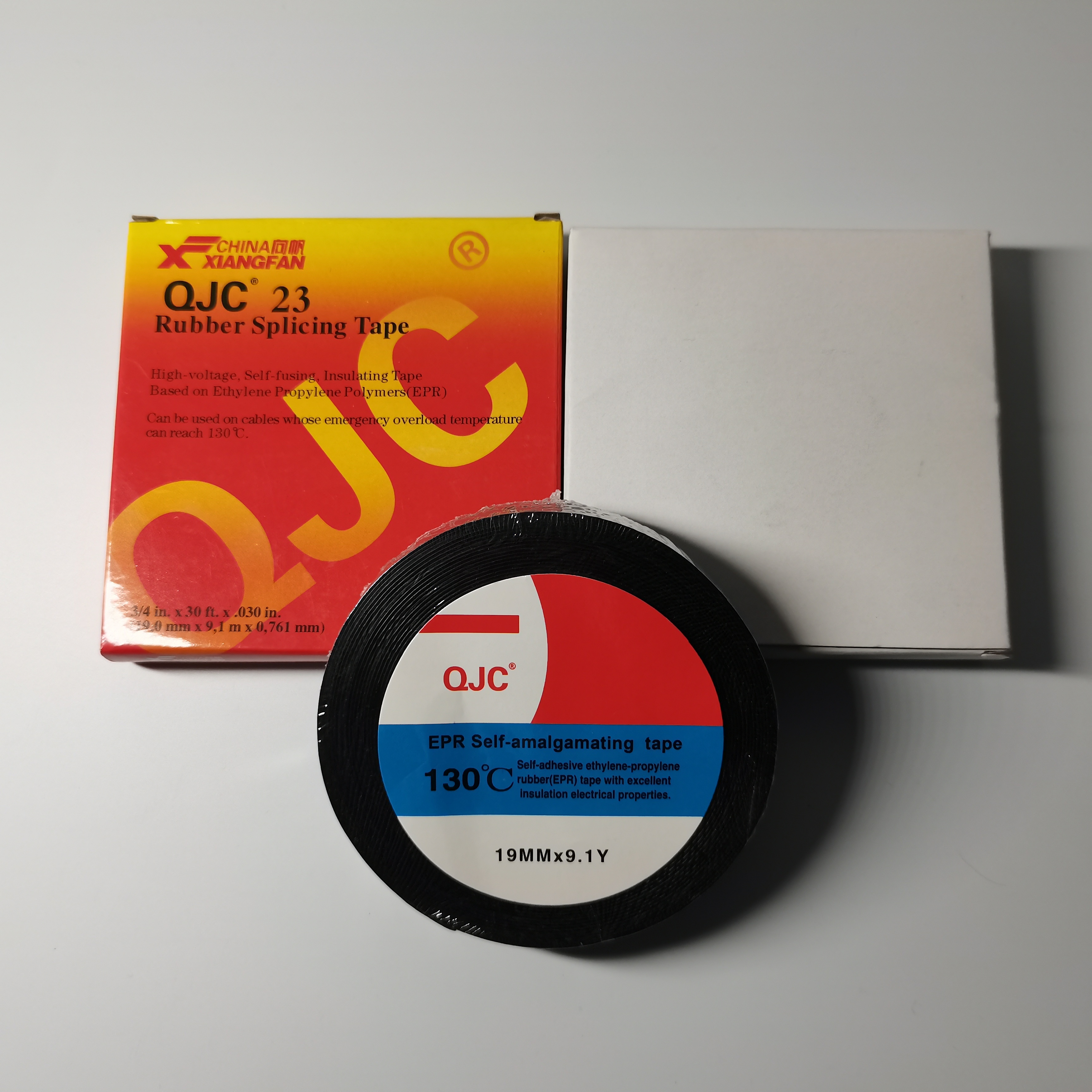PVC Electrical Insulation A Comprehensive Overview
Polyvinyl chloride (PVC) is one of the most widely used materials for electrical insulation due to its remarkable properties, versatility, and cost-effectiveness. As a synthetic plastic polymer, PVC has become indispensable in various electrical applications. This article explores the characteristics, benefits, applications, and advancements related to PVC electrical insulation.
Characteristics of PVC
PVC is renowned for its excellent insulating properties, making it an ideal material for various electrical applications. It exhibits high dielectric strength, which allows it to withstand significant voltage without conducting electricity. Additionally, PVC is resistant to moisture, chemicals, and UV radiation, which further enhances its performance as an insulating material.
Another significant characteristic of PVC is its flexibility. This property allows it to easily conform to various shapes and sizes, making it suitable for a wide range of electrical installations. Furthermore, PVC is available in different formulations, which can be tailored to meet specific requirements regarding temperature, flame resistance, and mechanical strength.
Benefits of PVC Electrical Insulation
One of the primary benefits of using PVC for electrical insulation is its cost-effectiveness. Compared to other insulation materials like rubber or silicone, PVC is generally more affordable, making it a popular choice for manufacturers. Moreover, it can be easily processed into various forms, such as sheets, films, and coatings, allowing for versatile applications.
Additionally, PVC insulation is relatively lightweight, which is crucial for applications where weight is a consideration, such as in automotive or aerospace industries. The material's durability ensures a long service life, reducing the need for frequent replacements and maintenance. Furthermore, PVC's fire-retardant properties minimize the risk of electrical fires, enhancing safety in installations.
pvc electrical insulation

Applications of PVC Electrical Insulation
PVC electrical insulation is used in a myriad of applications across various industries. One of the most common applications is in power cables, where PVC insulation protects conductors from environmental factors and physical damage. It is also widely used in the insulation of wires and cables for household appliances, automobiles, and industrial machinery.
In addition, PVC is employed in the manufacturing of electrical connectors, switches, and circuit boards. The material's resistance to abrasion and chemicals makes it suitable for harsh environments, such as factories and outdoor installations. Moreover, PVC-coated insulation is often used in the telecommunications sector for its ability to provide reliable performance in communication cables.
Innovations and Future Trends
As technology evolves, so does the demand for improved electrical insulation materials. Recent advancements in PVC formulations have led to the development of environmentally friendly and recycled PVC options. These innovations aim to reduce the carbon footprint associated with traditional PVC production while maintaining performance characteristics.
Additionally, the integration of smart technology in electrical insulation systems is on the rise. This includes the development of sensors that can monitor the condition of insulation materials in real-time, allowing for predictive maintenance and enhanced safety.
In conclusion, PVC electrical insulation is vital in ensuring safety, reliability, and efficiency in electrical applications. Its excellent insulating properties, cost-effectiveness, and versatility make it an essential component in various industries. With ongoing innovations and a focus on sustainability, the future of PVC in electrical insulation looks promising, continuing to play a crucial role in shaping the landscape of modern electrical systems.
-
XIANGFAN Rubber Tape-Ultimate Solutions for All Your Insulation NeedsNewsJun.24,2025
-
XIANGFAN Rubber Tape-Protection for Industrial and Residential ApplicationsNewsJun.24,2025
-
XIANGFAN Rubber Tape: Superior Safety and Sealing for Demanding EnvironmentsNewsJun.24,2025
-
XIANGFAN Rubber Tape: Reliable Solutions for Every Electrical ChallengeNewsJun.24,2025
-
XIANGFAN Electrical & Industrial Tape: Powering Reliability Across IndustriesNewsJun.24,2025
-
XIANGFAN Electrical & Industrial Tape: Excellence in Every ApplicationNewsJun.24,2025
